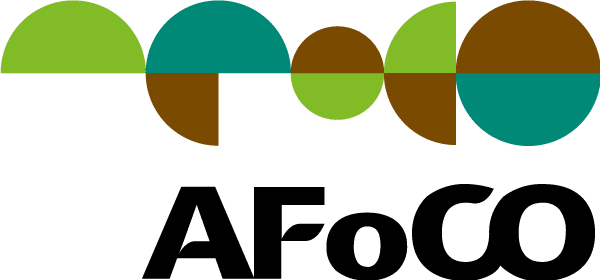The UN Decade on Ecosystem Restoration 2021-2030 (UN Decade 2030) has emerged as a beacon of hope for addressing environmental degradation and climate change. One of the key focal points of this decade-long initiative is the restoration of degraded forests, which is critical in maintaining ecological resilience and providing sustainable benefits to communities. To support the UN Decade 2030, the Asian Forest Cooperation Organization (AFoCO) and the International Tropical Timber Organization (ITTO) organized a virtual workshop on Monitoring, Reporting, and Verification (MRV) in Forest Carbon Assessment from July 4-6, 2023.
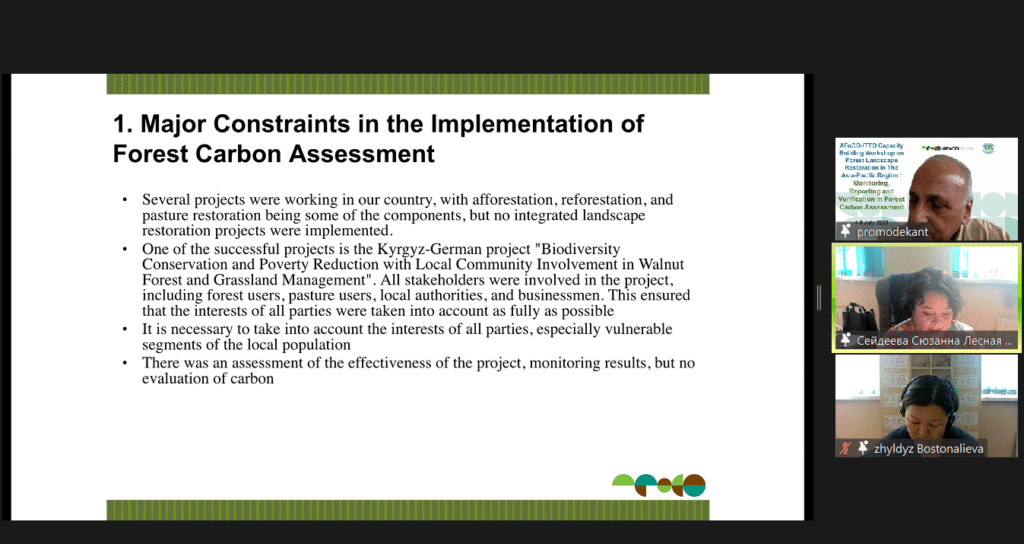
Photo 1: Country Report Presentation by Participants from Kyrgyzstan
This workshop was held upon the success of two previous workshops on Forest Landscape Restoration (FLR) in the Asia-Pacific region in 2021 and 2022. The primary objective of this year’s workshop was to enhance participants’ understanding of MRV in forest carbon assessment and the role of Article 6 of the Paris Agreement in promoting FLR among agencies involved in the Asia Pacific region’s restoration efforts. The event featured two keynote addresses and five lecture sessions, delivered by esteemed experts in the field of FLR/REDD+. Participants also learned major constraints in the implementation of forest carbon assessments within the countries and country proposals for carbon assessments through presentations of country report and action plan moderated by Dr. Ma Hwan Ok of ITTO and Dr. Promode Kant of India MOEFCC.
Some insights from the workshop sessions are as follows:
Keynote Address 1: Decoding Article 6 of the Paris Agreement and its potential in the promotion of FLR/REDD+ activities
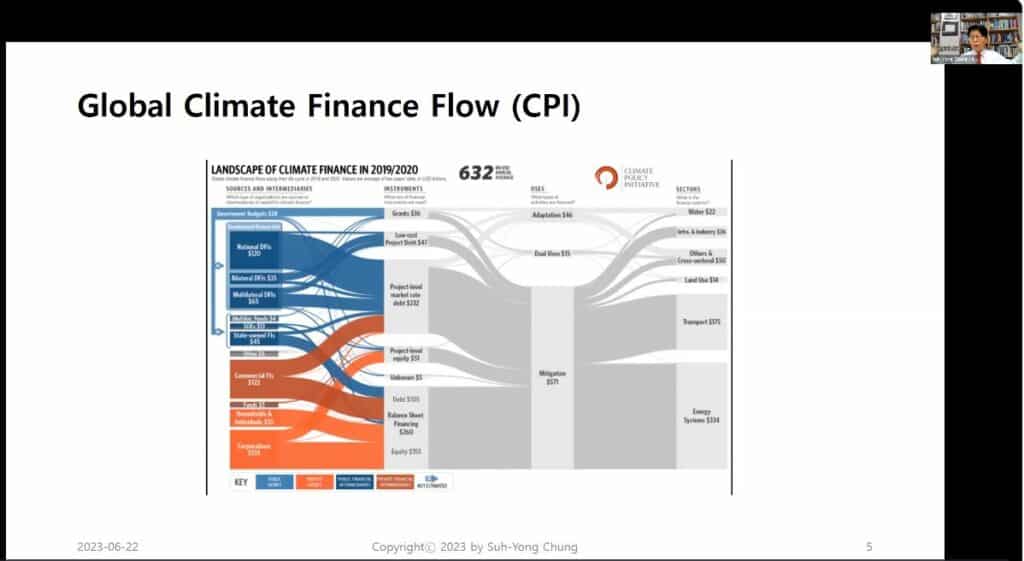
Photo 2: Keynote Address 1 by Professor Suh-Yong Chung, Korea University
Prof. Suh-Yong Chung, a distinguished professor at Korea University, underscored the crucial role of the forestry sector in mitigating climate change. Data from the Intergovernmental Panel on Climate Change (IPCC) indicate that agriculture, forestry, and other land uses account for approximately 24% of global greenhouse gas emissions. Addressing these emissions from the forestry sector presents a significant opportunity to combat climate change effectively. Prof. Chung shed light on the structure of the Paris Agreement and highlighted the differences between carbon markets as compliance markets and voluntary markets. He emphasized that financial flows mandated by the Paris Agreement distinguish it from its predecessor, the Kyoto Protocol.
Keynote Address 2: Overview of Climate Finance for FLR and REDD+ Projects
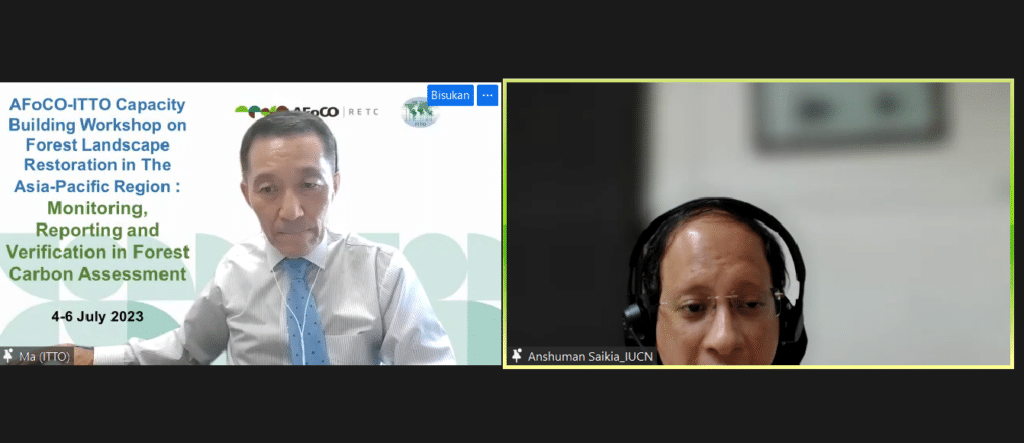
Photo 3: Keynote Address 2 by Mr. Anshuman Saikia, IUCN
Anshuman Saikia, a portfolio manager for Asia and Oceania-Multilateral Finance (GEF, GCF), presented valuable insights into the REDD+ financial architecture and the utilization of climate finance in supporting REDD+ activities. He highlighted various projects related to REDD+ that have received climate funding, emphasizing that such funding goes beyond tree-planting initiatives. It extends to policy-making, community incentives, and the establishment of alternative livelihoods, all of which can receive support from bilateral and multilateral organizations through climate finance.
Session 1: Planning the Implementation of FLR
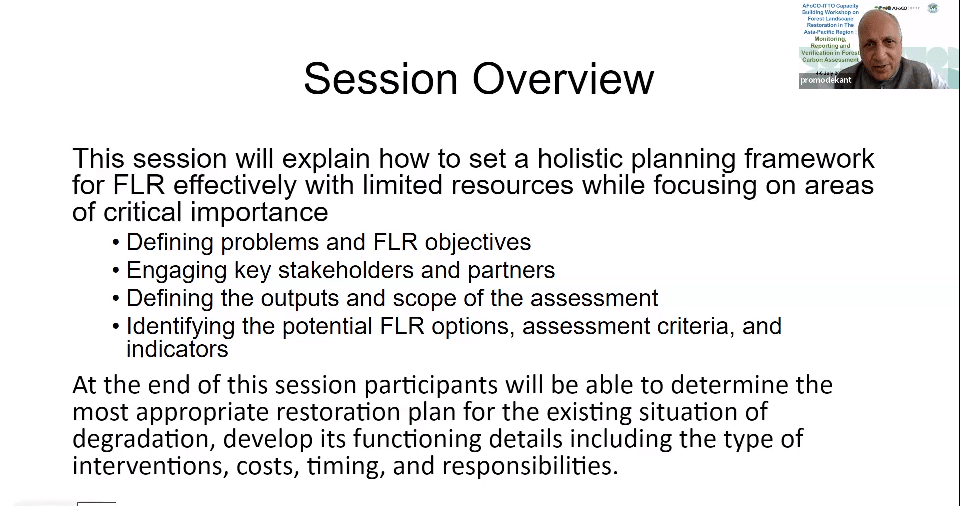
Photo 4: Session 1 by Dr. Promode Kant, India MOEFCC
Dr. Promode Kant, Chairman of the Expert Appraisal Committee (INFRA2) at the Ministry of Environment, Forestry, and Climate Change, stressed the importance of commencing FLR planning by forming a core planning team and building their capacities in the field. He emphasized the six principles of FLR outlined by the Global Partnership on Forest Landscape Restoration (GPFLR), emphasizing that FLR involves more than merely planting trees. He also added that community participation is a key factor that must be incorporated throughout all stages of FLR.
Session 2: Monitoring Activity Data for Forests Using Remote Sensing and Field Measurements
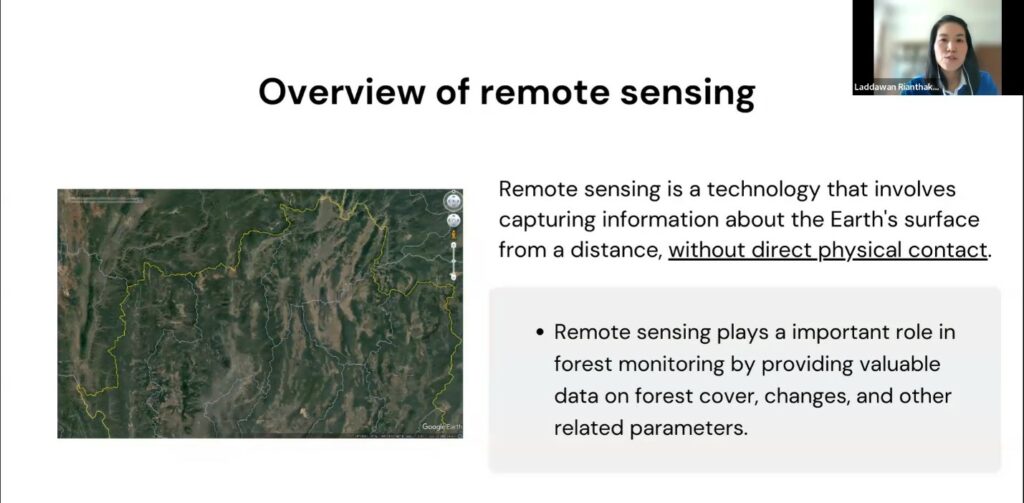
Photo 5: Session 2 by Dr. Laddawan Rianthakool, Kasetsart University
Assist. Prof. Laddawan Rianthakool, a lecturer at the Faculty of Forestry, Kasetsart University, presented the utilization of remote sensing technology for MRV processes in forest carbon assessment. She showcased various images produced by different remote sensing technologies and their applications in obtaining crucial data. Dr. Rianthakool emphasized the significance of incorporating field measurements during the MRV process to enhance the accuracy of the assessment. She also stressed the need to select appropriate remote sensing technology based on the area’s size and desired temporal resolution for effective data utilization
Session 3: Reporting FLR/REDD+ Performance Using IPCC Guidelines
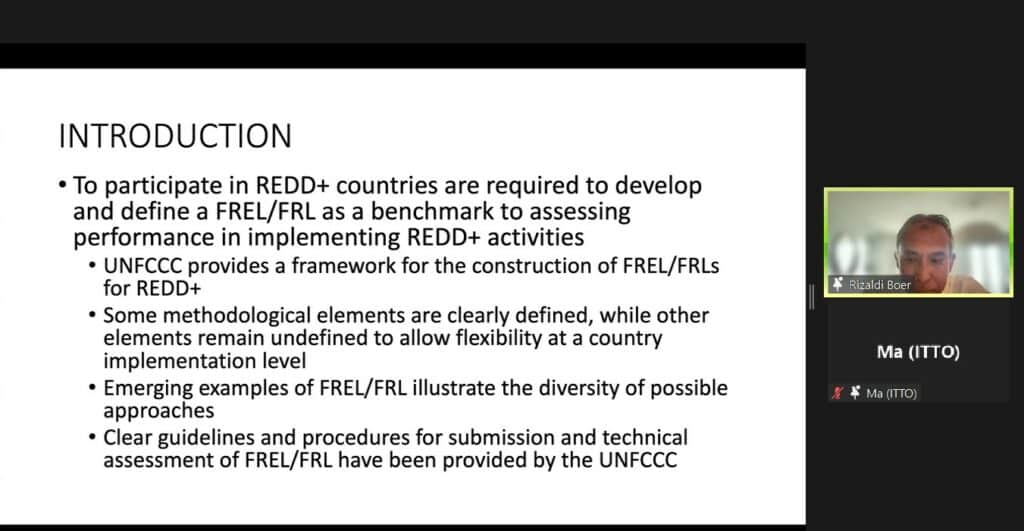
Photo 6: Session 3 by Professor Rizaldi Boer, Bogor Agricultural University
Professor Rizaldi Boer, a lecturer at Bogor Agricultural University and the director of CCROM SEAP-IPB University, elucidated the essential elements to be included when submitting a Forest Reference Emission Level (FREL) or Forest Landscape Restoration (FLR) to the United Nations Framework Convention on Climate Change (UNFCCC). He emphasized that national GHG inventories might have differing definitions compared to international organizations, necessitating clear explanations for the chosen definitions. Prof. Boer also discussed the development of technical annex for REDD+, which involve summarizing information from final reports, describing national forest monitoring systems and institutional arrangements, and explaining how Decision 4/CP.15 elements have been taken into account.
Session 4: Estimation of Uncertainties in MRV
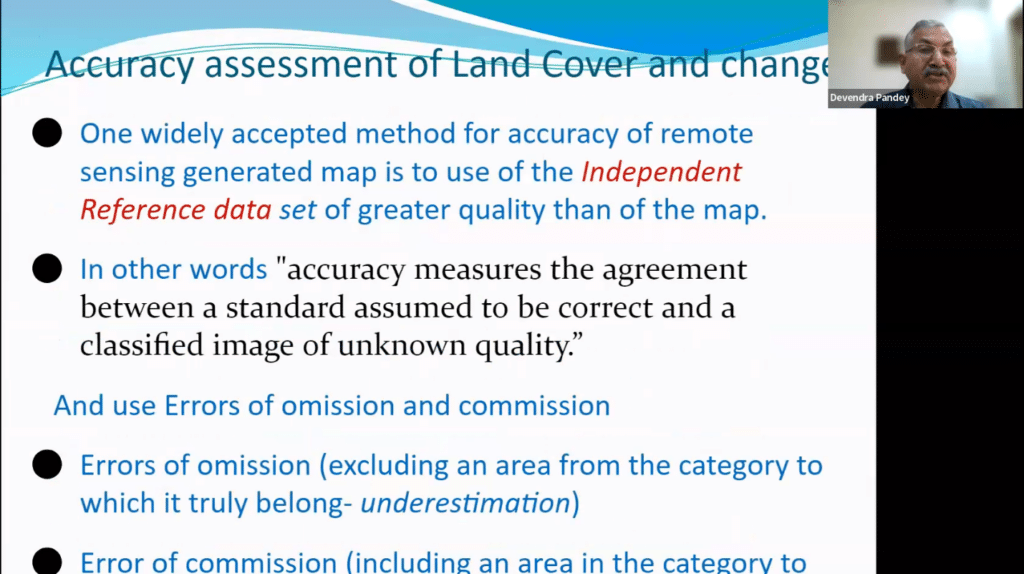
Photo 7: Session 4 by Dr. Devendra Pandey, Former Director-General of the Forest Survey of India
Dr. Devendra Pandey, Former Director-General of the Forest Survey of India, highlighted the fundamental importance of assessing uncertainties in the context of the IPCC and UNFCCC. He discussed the challenges of estimating carbon stock and changes in carbon stock uncertainties, particularly due to the presence of various types of random and systematic errors compared to land cover changes.
Session 5: Joint Crediting Mechanism in Northern Lao PDR
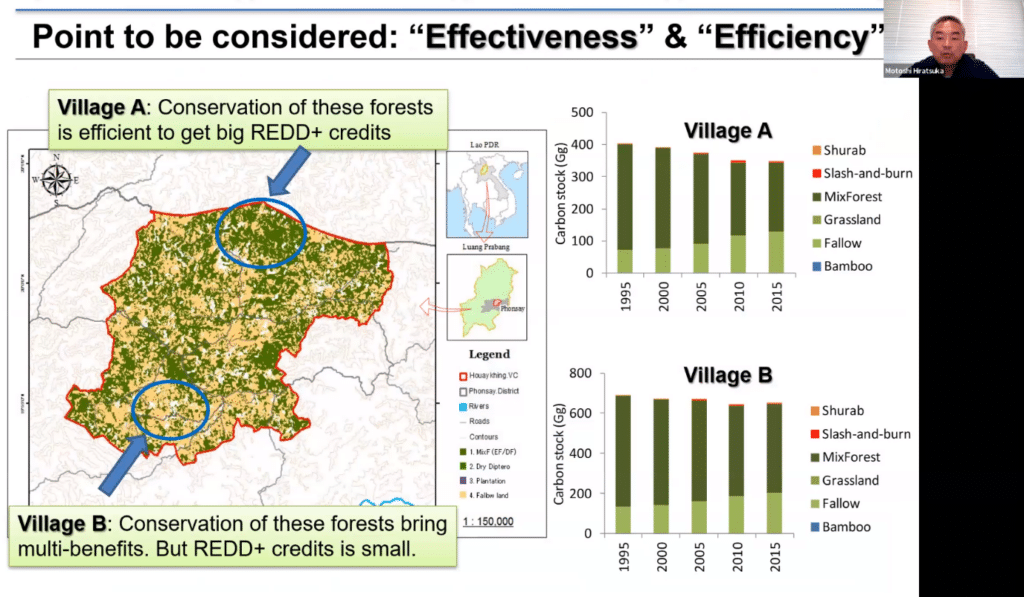
Photo 8: Session 4 by Dr. Motoshi Hiratsuka, Waseda University
Dr. Motoshi Hiratsuka, a lecturer at the Faculty of Human Science, Waseda University, shared insights from the Joint Crediting Mechanism program conducted in the northern part of Lao PDR. The project involved the participation of 400 households, engaging in activities such as improving crops and pasture, agriculture, Non-Timber Forest Products (NTFP) initiatives, nursery training centers, and marketing forest products. Dr. Hiratsuka emphasized the importance of understanding the characteristics and potential of villages/regions when planning REDD+ activities. For example, the project conducted in Northern Lao revealed that some villages are more suitable for long-term shifting cultivation, while others present greater opportunities to receive credit for conservation activities under the REDD+ program.
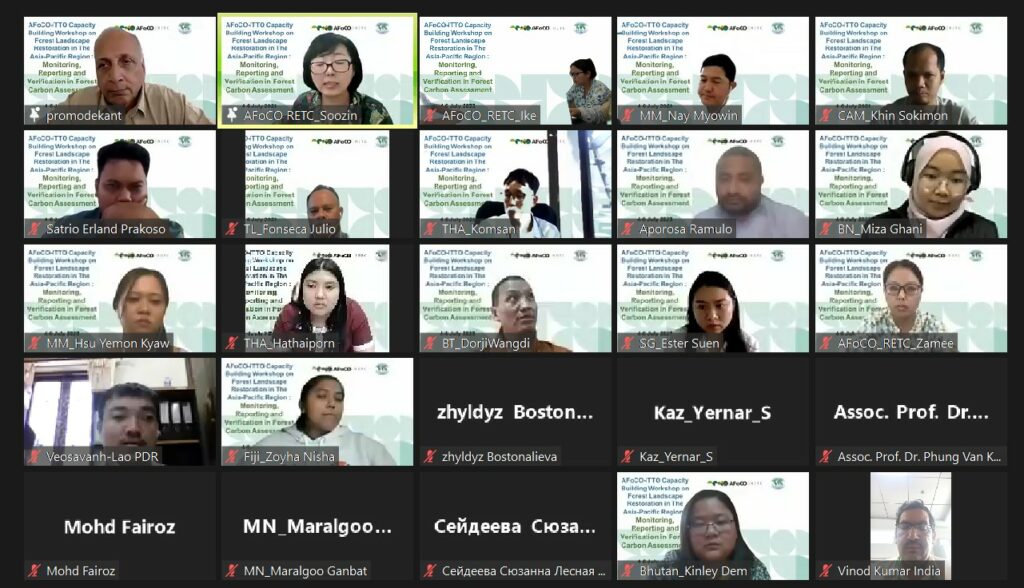
Photo 9: Participants of The 2023 AFoCO-ITTO Capacity-Building Workshop on MRV in Forest Carbon Assessment
Way Forward
Embarking on the Forest Landscape Restoration (FLR) and Reducing Emissions from Deforestation and Forest Degradation (REDD+) project demands a process of meticulous planning, community involvement, and financial support. The 2023 AFoCO-ITTO Capacity-Building Workshop on MRV in Forest Carbon Assessment shed light on creating a robust framework through meticulous planning and the role of the Paris Agreement as a financial catalyst for FLR/REDD+ activities. However, the heart of every successful project lies in the spirit of community involvement. The REDD+ projects in Northern Lao PDR underscored that the success story is engraved not just by the richness of the forests but in the engagement of communities. Moreover, the collective wisdom of the workshop provided invaluable knowledge and insights into promoting FLR/REDD+ activities within the framework of the UN Decade 2030. Experts and participants recognized the importance of effective MRV processes in successful forest restoration efforts. While the utilization of remote sensing technology effectively incorporates an element of data acquisition into this process, the role of field measurements cannot be overstated as they ensure the data reliability. However, the path to accuracy is related to the estimation of uncertainties—a key player in reporting of the FLR/REDD+ performance as defined by the guidance of the Intergovernmental Panel on Climate Change (IPCC).
Anchored to the outputs of the workshop, AFoCO and ITTO will continue to exchange with member countries to reflect these trends, set the direction for FLR and forest carbon, and plan feasible projects. The lessons learned and experiences shared at this workshop will undoubtedly serve as a stepping stone toward a greener planet, greener tomorrow.
Contributed by Ike Mediawati, 2023 Fellowship Official from Indonesia

